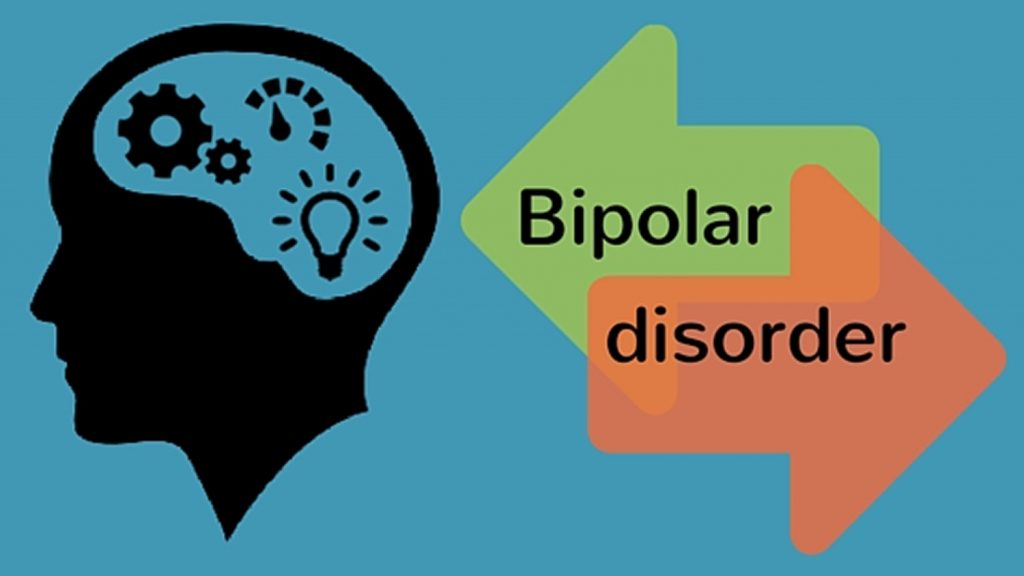Bipolar disorder is a complex mental health condition characterized by extreme shifts in mood, energy, and activity levels. Those affected by bipolar disorder experience periods of elevated mood, known as mania or hypomania, followed by episodes of depression. While medication and therapy are essential components of managing bipolar disorder, lifestyle modifications play a crucial role in promoting overall wellness and improving long-term outcomes. By adopting healthy habits and making positive changes in daily routines, individuals with bipolar disorder can enhance stability, mood regulation, and overall quality of life.

Establishing a Consistent Sleep Routine:
Sleep disturbances are common in individuals with bipolar disorder and can significantly impact mood stability. Creating and maintaining a consistent sleep schedule is vital for regulating mood and reducing the risk of manic or depressive episodes. Aim to go to bed and wake up at the same time each day, even on weekends. Minimize screen time and stimulating activities before bedtime to promote relaxation and improve the quality of sleep.
Balancing Physical Activity:
Regular exercise is a powerful tool for managing bipolar disorder. Physical activity releases endorphins, the feel-good chemicals in the brain, which can alleviate depressive symptoms and improve overall mood. Engage in activities you enjoy, such as walking, swimming, yoga, or dancing. Strive for at least 30 minutes of moderate exercise most days of the week. However, be mindful not to overexert yourself during manic phases to prevent potential injury and go now.
Mindful Stress Management:
Stress can trigger or exacerbate bipolar symptoms. Developing healthy coping mechanisms for stress management is essential. Mindfulness practices, such as meditation and deep breathing exercises, can reduce stress and promote emotional well-being. Engaging in creative hobbies, spending time in nature, or socializing with supportive friends and family can also be effective ways to alleviate stress and maintain emotional balance.
Adopting a Balanced Diet:
A well-balanced diet plays a significant role in managing bipolar disorder. Avoiding excessive caffeine, sugar, and alcohol can help stabilize mood and energy levels. Incorporate nutrient-rich foods, such as fruits, vegetables, whole grains, lean proteins, and healthy fats, to support brain health and overall physical well-being. Omega-3 fatty acids, found in fish, flaxseeds, and walnuts, have been shown to have positive effects on mood regulation.
Limiting Substance Use:
Substance abuse can worsen symptoms and interfere with medication effectiveness. Individuals with bipolar disorder should be cautious about alcohol and recreational drug use, as these substances can trigger mood swings and disrupt sleep patterns. Seeking professional help for substance use issues is crucial for effective bipolar management.
Identifying Triggers and Early Warning Signs:
Understanding personal triggers and early warning signs of mood changes is critical for preventing full-blown episodes. Keep a mood journal to track emotions, sleep patterns, and potential triggers. Identifying patterns can help individuals with bipolar disorder and their healthcare providers develop personalized strategies for early intervention and prevention.
Sticking to Medication and Therapy:
Lifestyle modifications should complement, not replace, medical treatment. Continue taking prescribed medications as directed by a healthcare professional, and attend therapy sessions regularly. Medications and therapy provide a solid foundation for bipolar management, and lifestyle changes can enhance their effectiveness.
